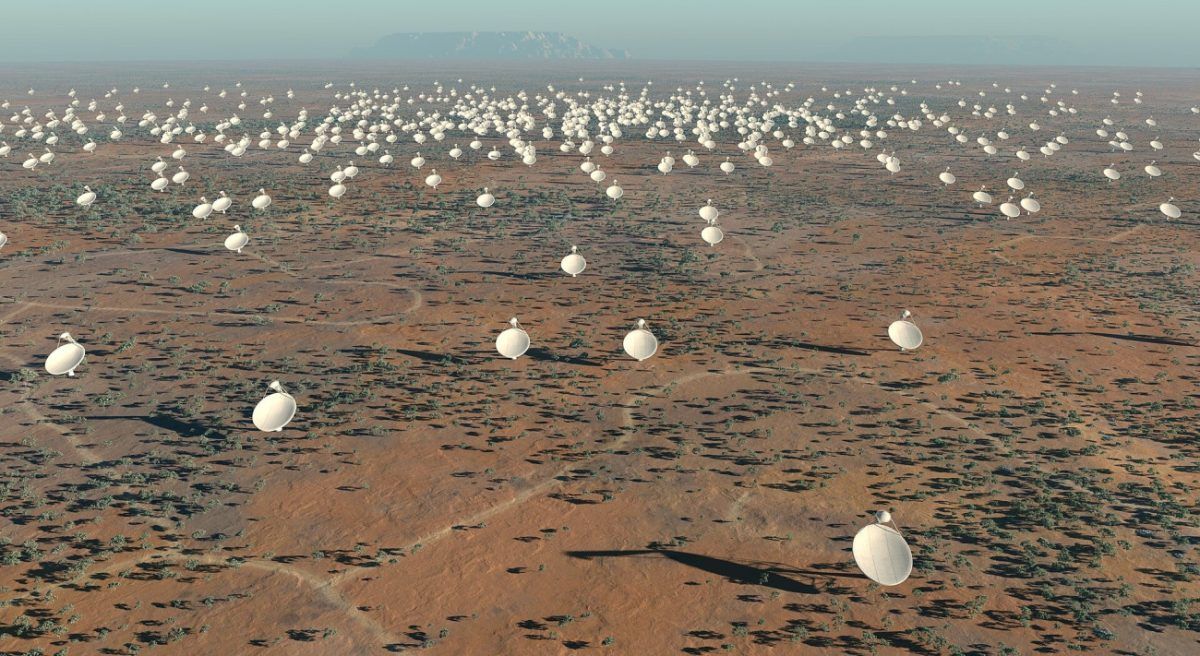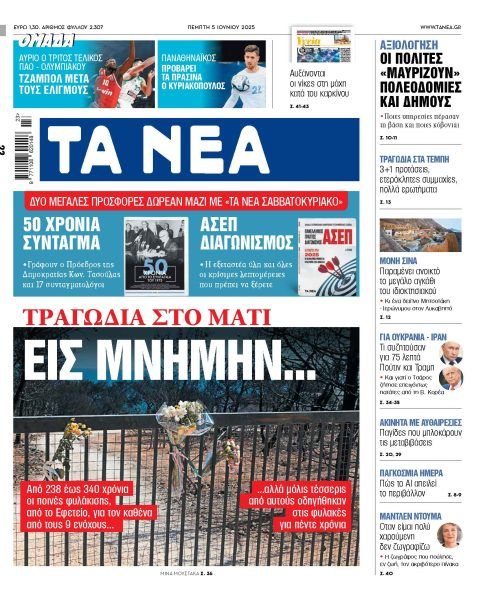Starlink: Elon Musk’s satellites threaten to blind the world’s largest radio telescope

Elon Musk’s plan to extend the Starlink satellite internet service in South Africa is causing astronomers’ reactions, who demand guarantees that satellite signals will not affect the SKA radio telescope, which in its final form will be the largest in the world.
Starlink’s attempt to enter the South African market has already become an episode, following Musk’s claim that his country’s government is closing the door Because ‘not black’.
The reason is a law that obliges foreign telecommunications companies to sell to vulnerable groups such as blacks 30% of their subsidiaries in the country. Musk demands that SpaceX space company be excluded from the requirement, while South Africa says it will not retreat.
Astronomers’ reactions now put an additional obstacle to the richest man’s attempt to bring Starlink to the country he was born.
In its final form, SKA will hide thousands
Starlink’s satellites could affect the observations of the SKA observatory (Square Kilometer Array, square kilometers array), a giant array of thousands of antennas, divided between South Africa and Australia. In its final form, the SKA will provide the accuracy of a single broadcast with a square kilometer surface.
Interference from satellite signals « will be like throwing the lens into someone’s eyes, » Federico Di Bruno, a head of the dark and quiet heaven in the International Astronomy Association, told Reuters.
The problem is that SKA antennas are sensitive to a zone of 350 Megahertz to 15.4 Gigahertz, which many satellites use to transmit data to Earth.
Di Bruno, a spectrum manager at SKA, said that the arrays and the South African Radio Observatory are calling on the government to impose conditions on Starlink’s licensing if the interference is reduced to certain frequency zones.
As he said, Starlink’s satellites could direct their bundles away from SKA antennas or stop the transmission for a few seconds as they pass over them.
As Di Bruno said, SKA officials will also request similar guarantees for satellite networks prepared by other companies such as Amazon and Oneweb.
Similar concerns about Starlink have been expressed by researchers of other radio -rise. The satellites also threaten visual telescopes as they appear in the images as light lines that alter the observations.








